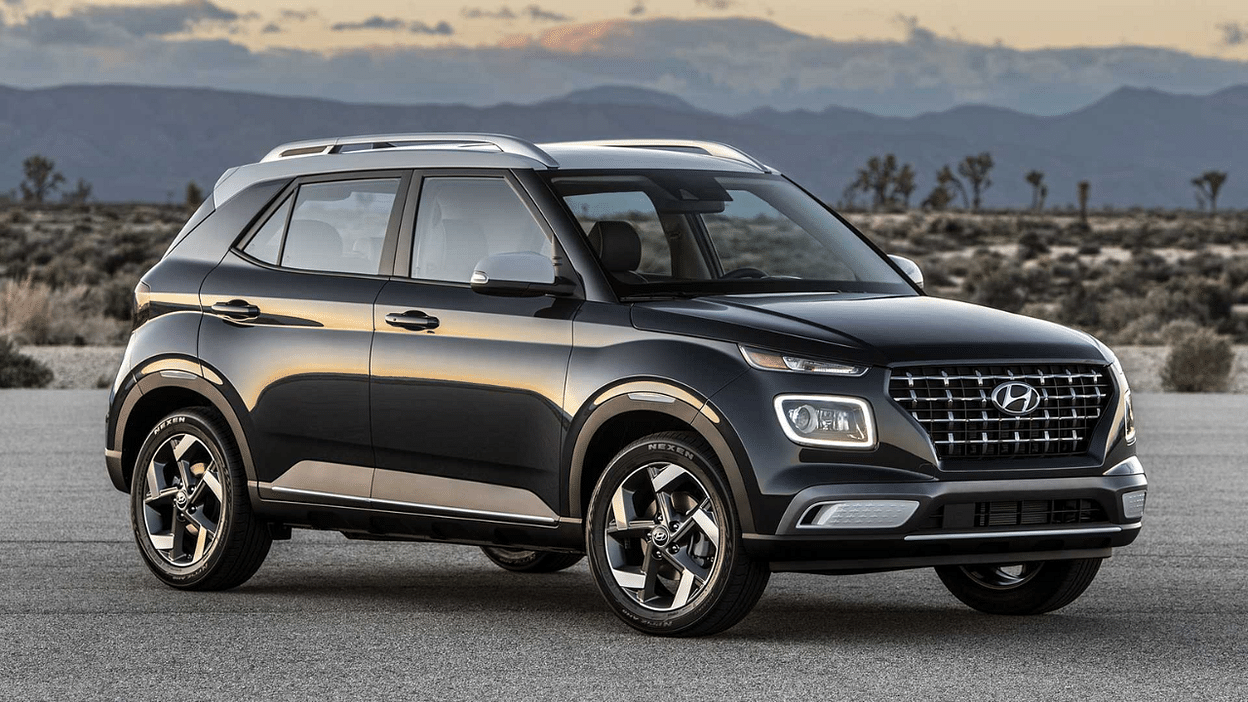The debate over whether diesel is better suited for SUVs has been ongoing for years. As the automotive landscape evolves, car buyers are increasingly torn between choosing diesel or petrol engines for their SUVs. While electric and hybrid options are gaining traction, diesel remains a popular choice among SUV enthusiasts, especially in India. In this article, we explore the pros and cons of opting for a diesel-powered SUV and whether it is still a viable option in 2025.
Why Diesel Engines Have Traditionally Been Preferred for SUVs
Diesel engines have long been favored for SUVs primarily because of their torque characteristics. SUVs are typically larger, heavier, and designed for carrying passengers and cargo over long distances or rough terrains. Diesel engines naturally produce higher torque at lower RPMs, making them ideal for towing, off-roading, and climbing steep inclines. This attribute makes diesel SUVs particularly popular in rural and hilly regions where robust performance is essential.
Pros of Choosing a Diesel SUV
1. High Torque for Heavy Loads
Diesel engines excel at generating torque, which translates to better pulling power. This is especially useful for SUVs designed to haul heavy loads or navigate challenging terrains. Whether it’s towing a trailer or driving up steep hills, diesel SUVs often outperform their petrol counterparts.
2. Fuel Efficiency on Long Drives
One of the primary reasons diesel SUVs remain popular is their superior fuel efficiency on long highway journeys. Diesel fuel contains more energy per liter than petrol, allowing SUVs to cover greater distances with lower fuel consumption. For those who frequently undertake long road trips, diesel SUVs prove to be more economical.
3. Durability and Longevity
Diesel engines are generally built to withstand high compression ratios and tougher operating conditions. This durability makes them well-suited for rugged SUVs that are expected to endure harsh environments and sustained usage. Many diesel SUVs on the market are known for their longevity and reliability.
4. Better for Off-Roading
Off-roading enthusiasts often choose diesel-powered SUVs due to the enhanced low-end torque. Whether navigating muddy trails, rocky paths, or steep inclines, diesel engines provide the grunt needed to tackle uneven terrains effectively. This makes diesel SUVs a preferred choice for adventure seekers.
5. Lower Running Costs for High Mileage
While diesel vehicles tend to cost more upfront, the lower running costs make them a practical choice for high-mileage users. Diesel prices in India have traditionally been lower than petrol, and the fuel economy of diesel SUVs further reduces operating expenses.
Cons of Choosing a Diesel SUV
1. Higher Initial Cost and Maintenance
Diesel SUVs are generally priced higher than their petrol counterparts due to the more complex engine architecture. Additionally, maintaining a diesel engine can be more expensive, especially with modern emission control systems like diesel particulate filters (DPF) and selective catalytic reduction (SCR) systems.
2. Environmental Concerns
Diesel engines emit higher levels of nitrogen oxides (NOx) and particulate matter, which contribute to air pollution. With increasingly stringent emission regulations, many automakers are phasing out diesel variants, particularly in urban areas where pollution control is a priority.
3. Noise and Vibration
Diesel engines are traditionally noisier and produce more vibrations compared to petrol engines. While advancements in engine technology have mitigated this to some extent, diesel SUVs are still perceived as less refined in terms of cabin noise and smoothness.
4. Urban Restrictions and Future Bans
Many cities, particularly in India, are implementing restrictions on older diesel vehicles. For example, Delhi has banned diesel vehicles over 10 years old to combat pollution. These restrictions raise concerns about the long-term viability of owning a diesel SUV in urban areas.
5. Resale Value and Market Shift
The market is increasingly moving towards petrol, hybrid, and electric SUVs. This shift can impact the resale value of diesel SUVs, as prospective buyers may be hesitant to invest in a vehicle type that could face future regulations or bans.
Should You Buy a Diesel SUV in 2025?
The decision to buy a diesel SUV in 2025 largely depends on your specific needs and usage patterns. If you frequently travel long distances, require heavy towing capacity, or live in rural areas where diesel is more accessible, a diesel SUV could still be a practical choice. However, if you primarily use your SUV in urban settings, where restrictions and bans are more likely, opting for a petrol or hybrid variant might be more future-proof.
As automakers continue to innovate, diesel technology is becoming cleaner and more efficient. Yet, the growing preference for eco-friendly alternatives means that diesel-powered SUVs are gradually losing their dominance in the market. Carefully consider your long-term requirements before making a purchase, as the automotive landscape continues to evolve.
Conclusion
Diesel SUVs have long been synonymous with power, efficiency, and durability. While they still hold value for specific use cases, particularly for long-distance travel and heavy-duty performance, the growing push towards cleaner technologies is reshaping consumer preferences. In 2025, the choice between diesel and other fuel types ultimately depends on how you plan to use your SUV and your willingness to adapt to future regulatory changes.

